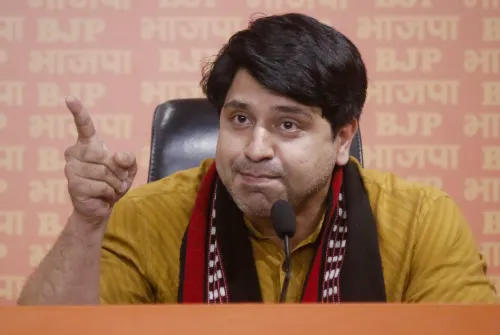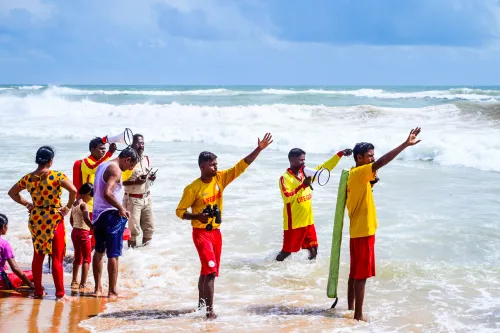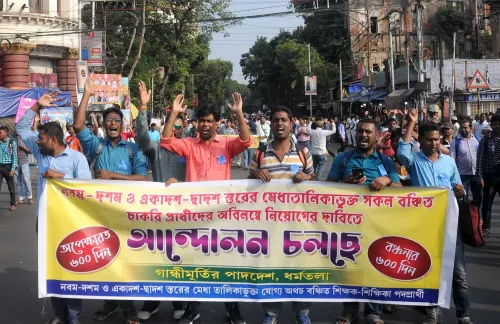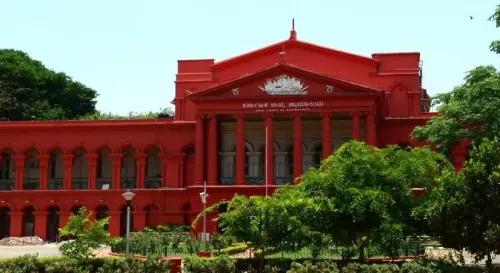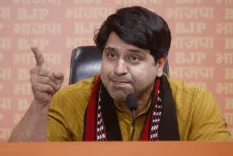Operation Sindoor: Did India Win the Diplomatic Fight After Targeting Terror Hubs in Pakistan?
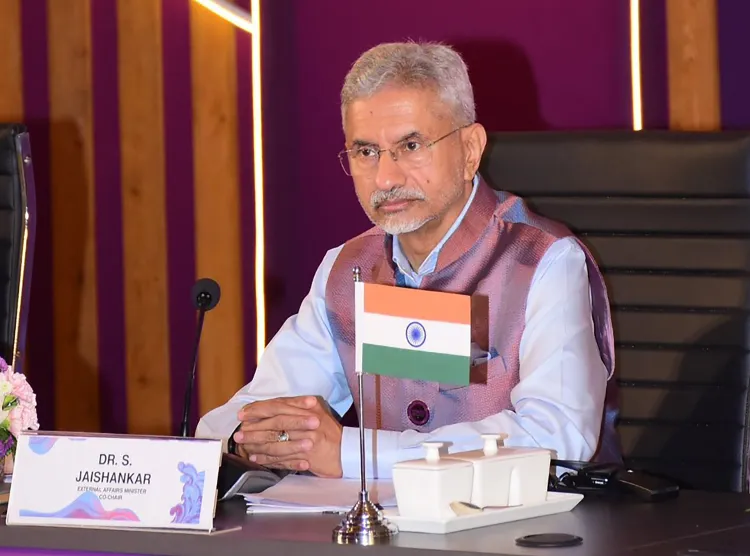
Synopsis
Key Takeaways
- India's decisive actions against terrorism received global backing.
- Diplomatic outreach played a critical role in garnering support.
- Pakistan's provocations were met with firm responses.
- Global leaders condemned terrorism and reaffirmed India's right to defend itself.
- India maintained a strategic approach to avoid escalation.
New Delhi, May 9 (NationPress) Following the Pahalgam massacre, India resolved to take decisive action against terrorism, leading to concerns among skeptics regarding potential diplomatic repercussions and fears of India facing ‘isolation’ due to increased border tensions.
Contrary to these apprehensions, the truth is that India has triumphed in the diplomatic arena and is winning the narrative war as well.
India's military operations targeting terror infrastructure within Pakistan have received widespread global backing, with nations and leaders worldwide affirming New Delhi's right to protect its citizens and eliminate terrorism in the region.
From the United States (US) to the European Union (EU) and several Arab countries, there has been a consensus justifying India's airstrikes, with some urging Pakistan to avoid further escalation.
This international support for India stems from its carefully measured and non-escalatory strikes against terror locations across the border.
Foreign Secretary Vikram Misri promptly detailed the operation and reassured that measures were taken to prevent collateral damage.
In response, Pakistan launched air assaults on Indian military sites for two consecutive nights, but all attempts were successfully repelled.
India's unwavering stance not only thwarted every Pakistani offensive but also initiated a diplomatic campaign to inform global allies about Pakistan's reckless behavior in harboring terrorism.
External Affairs Minister S. Jaishankar communicated with his counterparts in the US and EU following Pakistan's missile and drone attacks, stating that India would respond decisively to any acts of escalation from the other side.
India's strategic actions and diplomatic outreach have resonated positively worldwide, evidenced by numerous nations issuing statements of support for New Delhi, with many endorsing its fight against terrorism.
The UK's Foreign Secretary, David Lammy, affirmed that India has every justification for its outrage.
Former UK Prime Minister Rishi Sunak remarked, 'No nation should endure cross-border terrorism.'
While Russia expressed concerns about military escalation, it condemned terrorism unequivocally.
Israel backed India's right to self-defense, asserting that 'Terrorists find no refuge.'
The European Union and all 27 member states issued a unified statement in support of India, while countries like France, the Netherlands, and Japan reaffirmed India's right to self-defense.
US President Trump endorsed India's sovereignty and its right to retaliate against terrorism, while Vice-President J.D. Vance called for de-escalation, stressing that 'it is a regional issue.'
A few Islamic nations also expressed solidarity with India, although they refrained from directly criticizing Pakistan for its terrorist actions.
Saudi Arabia expressed concern over escalating tensions, emphasizing the need to avoid civilian casualties.
The UAE and Qatar called for restraint and reiterated their opposition to terrorism, while Iran advocated for peace, stating that 'targeting civilians or employing terror is unjustifiable.'
Bangladesh, however, supported India's right to self-defense.
Overall, the message from the international community remains largely in favor of India, as it is widely acknowledged that the Indian military acted with restraint and determination, preventing a broader conflict, while Pakistan is viewed as the instigator of the escalating tensions.

